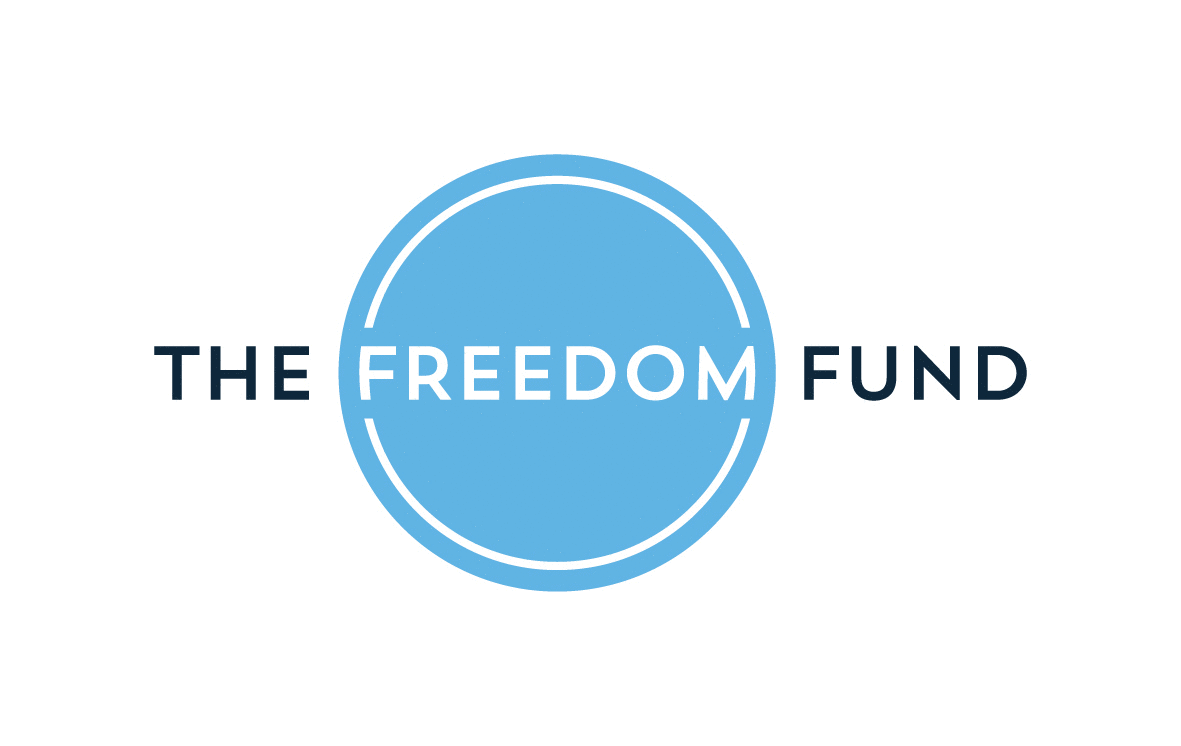On September 30, the Department of Homeland Security’s Customs and Border Protection issued withhold release orders (WROs) following investigations led by the Forced Labor Division of the Office of Trade. The WROs cover five products, produced in five different countries. The WROs block the import of products – including garments from China, rubber gloves from Malaysia, artisanally-mined gold from the Democratic Republic of the Congo (DRC), rough diamonds from Zimbabwe, and bone back from Brazil – because of concerns they are produced with forced labor.
Below is a joint statement from Melysa Sperber, Director of Policy and Government Relations at Humanity United and Amol Mehra, Managing Director, The Freedom Fund:
“The Customs and Border Protection’s (CBP) announcement is notable because until three years ago, a legal loophole made it far too easy for products tainted by forced labour to enter our marketplaces. Blocking these products and commodities from entering the U.S. is an important development and an indicator of progress at an agency whose pace is drastically out of proportion to the scale of the problem.
“When it closed the Tariff Act loophole, Congress provided the U.S. government with a tremendous opportunity to demonstrate global leadership in the fight against human trafficking. CBP’s announcement is significant because of the unprecedented number of actions and for the message that it sends across corporate supply chains.
“We know that myriad imported goods U.S. consumers enjoy every day – from clothing to electronics to chocolate, fruits and vegetables, and other foods – are likely tainted by forced labour in their supply chains. Making real progress to change this will require a concerted effort across and outside of government, including through strong enforcement of existing laws like this.
“CBP must continue to actively implement under this mandate and develop further investigations into supply chains that may be tainted by forced labour. Furthermore, Congress must devote sufficient resources to scale these efforts. The private sector can step up as well by conducting human rights due diligence across their supply chains and seeking to detect, mitigate, and remedy any instances of labour abuse, and to support worker organizing, including as a mitigation effort and a warning sign of potential harm.
“Eighty-eight years after the Tariff Act ban went into effect, we finally have a mechanism to ensure that U.S. markets are not a dumping ground for goods made with forced labour. This week’s WROs demonstrate the tremendous potential of enforcement of this provision. To sustain U.S. leadership in this area, we need rigorous enforcement and effective oversight so that we can stop all goods tainted by exploitation from entering our country, our stores, and our homes.”



